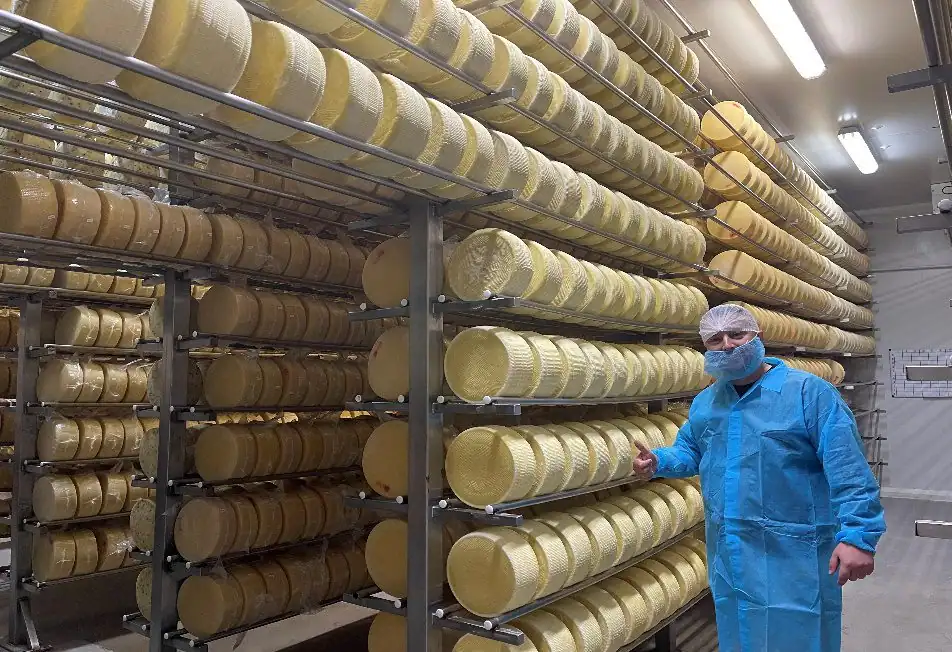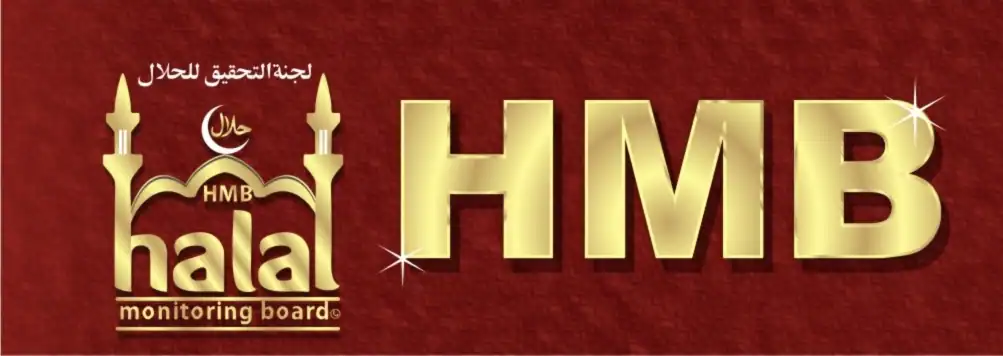What is E1450
E1450, also known as starch sodium octenyl succinate, is a type of modified starch that has been chemically treated to improve its performance in food production. It is created by combining edible starch—commonly sourced from corn, potato, or tapioca—with octenyl succinic anhydride and sodium salts. This process changes the starch’s properties, making it more stable and versatile in different food applications.
In the food industry, E1450 is widely used as a:
- Thickener – to give foods a smooth and consistent texture.
- Stabiliser – to prevent ingredients from separating during storage.
- Emulsifier – to help oil and water mix evenly in products.
You’ll often find E1450 in:
- Salad dressings and sauces
- Flavoured dairy drinks and cream-based desserts
- Instant soups and powdered drink mixes
- Confectionery and baked goods for moisture control
- Processed snacks for improved shelf life
Because of its functional benefits, E1450 is common in both everyday household food items and large-scale processed products, making its halal status a frequent point of interest for Muslim consumers.
Understanding Halal and Haram in Food Additives

In Islam, halal means something that is allowed, and haram means something that is forbidden. When it comes to food additives, the halal or haram status depends largely on where the ingredient comes from and how it is made.
For additives like E1450 (starch sodium octenyl succinate), the source matters. If it’s made from plant-based starch such as maize, potato, or tapioca, it’s generally considered halal. If it’s made from animal-derived sources (especially from pork or animals not slaughtered according to Islamic law), it would be haram. Synthetic versions, created through chemical processes without any animal input, are usually halal too.
Manufacturing methods also play a big role. Even a plant-based ingredient can become questionable if it’s processed with alcohol or comes into contact with non-halal substances during production. For this reason, halal certification bodies check:
- Source of raw material
- Processing aids and chemicals used
- Cross-contamination risks in the factory
So, with any food additive, including E1450, knowing both the source and the production process is key before deciding whether it’s halal or haram.
Is E1450 Halal or Haram Detailed Analysis

E1450, or starch sodium octenyl succinate, is usually made from vegetable starch – most commonly maize (corn), tapioca, or potato. In the UK and Europe, food manufacturers typically use plant-based sources for E1450, as they are more widely available and cost-effective. Since these starches are plant-derived, they are generally considered halal, provided no haram substances are involved in the processing.
From an Islamic perspective, the halal status of E1450 depends on two main factors:
- The source of the starch – If it’s from plants, it’s typically halal. If derived from animals (which is rare), those animals would have to be slaughtered according to Islamic law.
- The processing method – If any alcohol or non-halal by-products are used during production, it may affect its halal status.
Many halal certification bodies, including ones recognised in the UK, approve E1450 when it comes from plant starch and is processed without haram ingredients. In fact, several halal-certified food products in the UK list E1450 among their ingredients. This means that when properly sourced, E1450 is usually accepted by Islamic scholars as halal.
Common myths and misconceptions:
- “E-numbers are haram” – Not true. E-numbers are simply codes for food additives, and many are plant-based or synthetic.
- “E1450 is made from pork” – Very unlikely in current UK manufacturing. Most suppliers use plant starch due to cost and regulatory standards.
- “All modified starch is haram” – False. “Modified” refers to chemical or physical changes to starch to improve its function, not necessarily to animal-based content.
If you’re unsure about E1450 in a product, checking for a trusted halal logo or contacting the manufacturer is the safest step.
How Taichy Food Ensures Halal Compliance in Additives
At Taichy Food, we take halal compliance seriously, especially when it comes to additives like E1450 (starch sodium octenyl succinate). We understand that UK consumers want full confidence in the halal status of the food they eat, so we’ve built clear processes to make sure our products meet strict halal requirements.
We only work with trusted suppliers who can provide proof of halal origin for their raw materials. For E1450, this means confirming that the starch comes from plant sources, with no animal or alcohol-based agents used during processing. Every batch is subject to documented checks, and we keep full traceability records from raw material through to finished product.
Our quality control teams carry out routine testing and certification reviews, ensuring that any ingredient carrying the halal claim complies with recognised international halal standards. This is supported by third-party certifications where required, so there’s no guesswork for our customers.
We also believe in transparent labelling. If E1450 is used in our products, it will be clearly listed, and if the product is halal-certified, this will also be displayed. This way, you can check at a glance whether a product meets your needs without having to decode ingredient lists.
How to Verify If a Product Containing E1450 is Halal
If you want to be sure that a food product with E1450 (starch sodium octenyl succinate) is halal, you’ll need to check more than just the ingredient list. Here’s a straightforward way to do it:
1. Look for recognised halal certification
- Check the packaging for logos from reputable halal certifiers approved by UK authorities (e.g. HMC, HFA, IFANCA).
- Make sure the certification is current and covers the whole product, not just individual ingredients.
2. Contact the manufacturer
- Reach out to the brand directly (phone or email) and ask about the source and processing of E1450.
- Confirm whether their E1450 is plant-derived and produced without haram processing agents.
3. Use halal verification tools
- Use halal food checking apps such as Scan Halal, Muslim Pro Halal Places, or local UK-specific databases.
- Some supermarket websites also list halal status for own-brand products.
4. Choose trusted brands
- Stick to brands with a track record of halal compliance and transparent labelling.
- Many UK halal-conscious brands already state the halal status of additives like E1450 on their ingredient pages.
5. Verify with reliable halal authorities
- Cross-check information with recognised halal organisations rather than relying on unverified online sources or social media claims.
Frequently Asked Questions
Is E1450 derived from pork?
No. E1450 (starch sodium octenyl succinate) is generally made from plant-based starch such as maize (corn) or potato. It is chemically modified, and no pork or animal products are usually involved. However, always check the manufacturer’s source to be sure.
Are all starch-based additives halal?
Not always. While most starches come from plants, some modified starches can be processed using animal-based enzymes or carriers. This is rare but still possible, so halal verification is important.
Is E1450 vegan-friendly?
Yes, in most cases, because it’s plant-derived. As with halal status, confirm with the supplier in case of cross-contamination or animal-derived processing aids.
Does E1450 have any known side effects?
It’s generally considered safe by food safety authorities. Overconsumption of processed foods containing additives can cause digestive discomfort for some people.
How can I tell if E1450 in a product is halal?
Look for reputable halal certification on the packaging, check the brand’s website, or contact them directly for sourcing information.
Is E1450 listed on the halal food additives list?
Yes, in most halal-certified product lists, but status can vary by brand, so it’s always safer to double-check.


